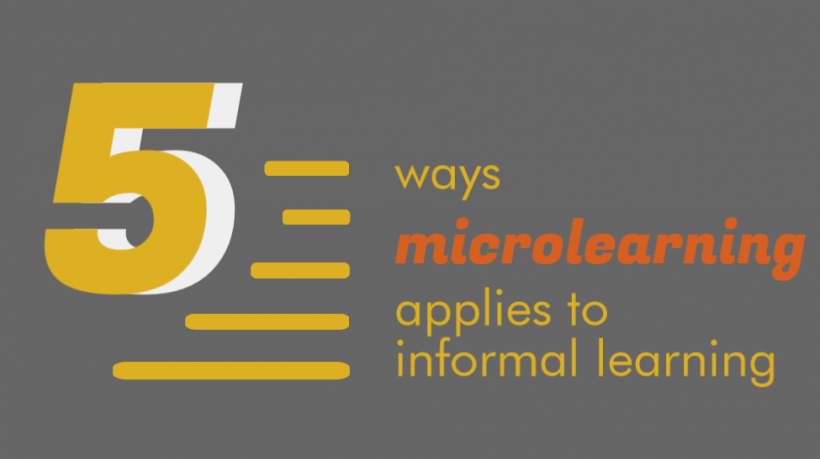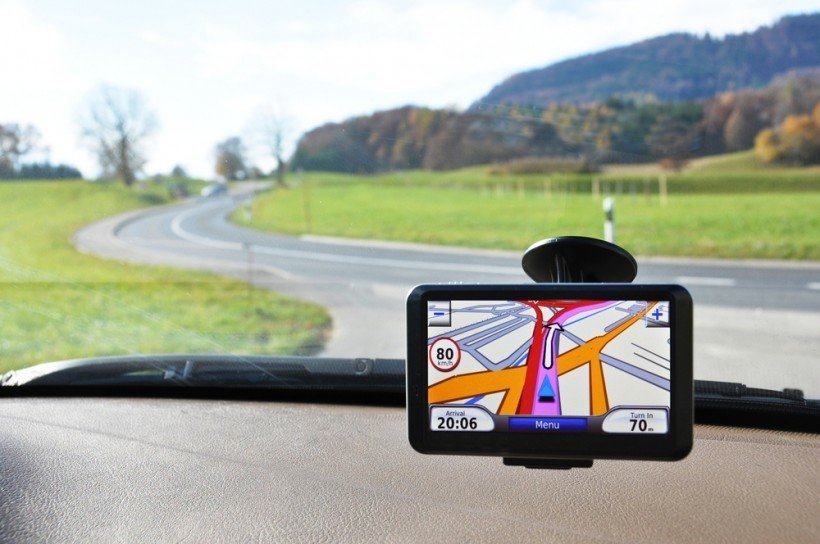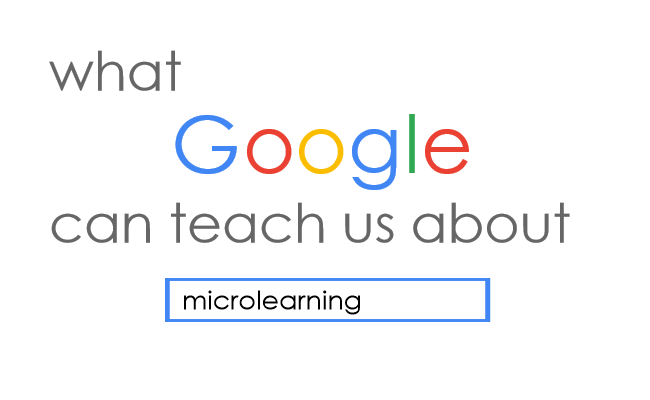April 11, 2016
5 Killer Examples: How To Use Microlearning-Based Training Effectively
Microlearning is more than a buzz today. It is being increasingly used by many organizations for both formal and informal learning. It appeals to the learners as it consumes less time and is available to them exactly at the time of the learning need (just-in-time). Furthermore, its rich media formats ensure better retention of the learning. Organizations are embracing microlearning as it is cheaper to build, quicker to deploy, and can be updated fairly easily. You can use microlearning nuggets flexibly as stand-alone assets or as multiple micro-courses. Here are 5 great examples of using microlearning-based training effectively.
by Asha Pandey











